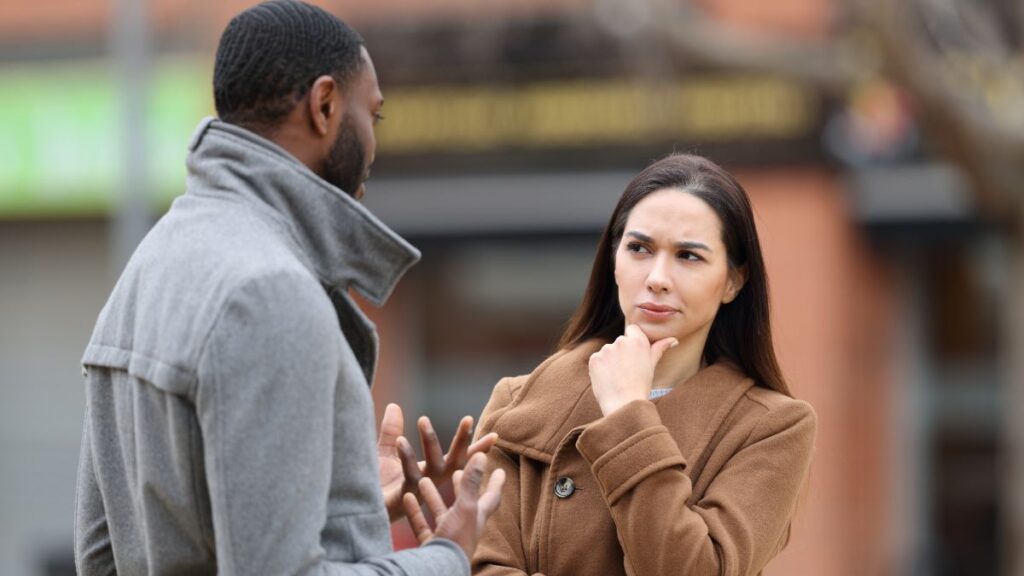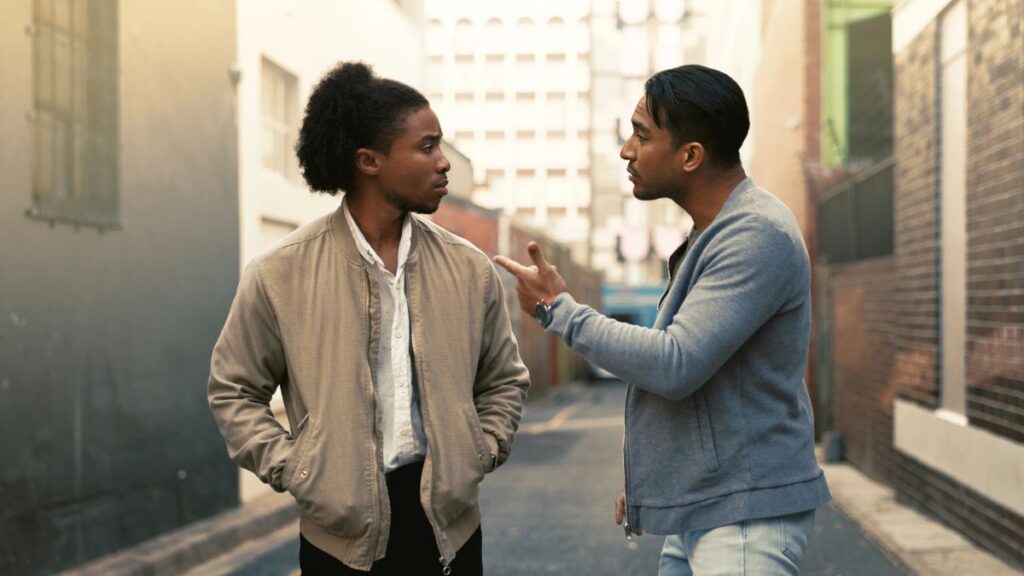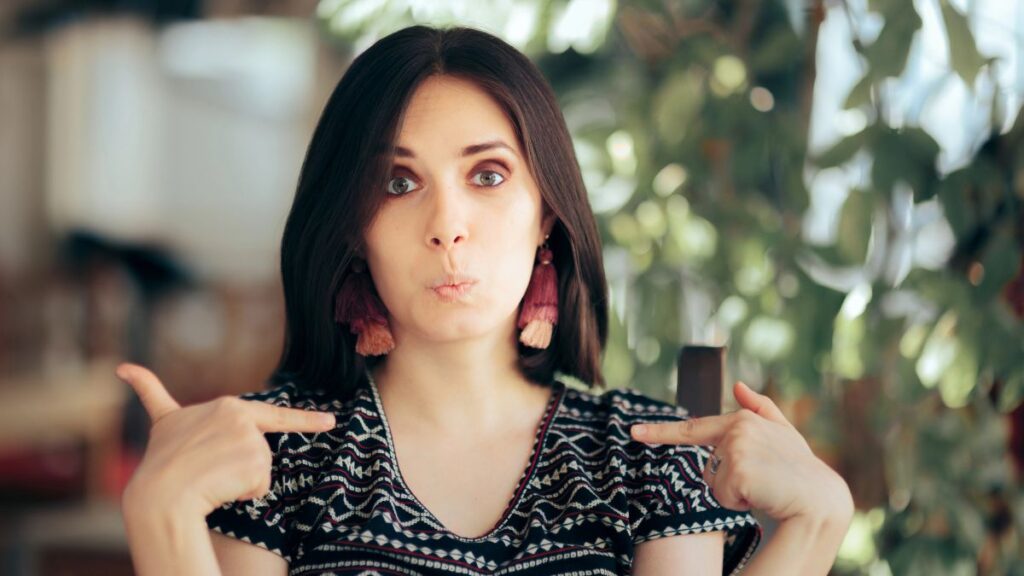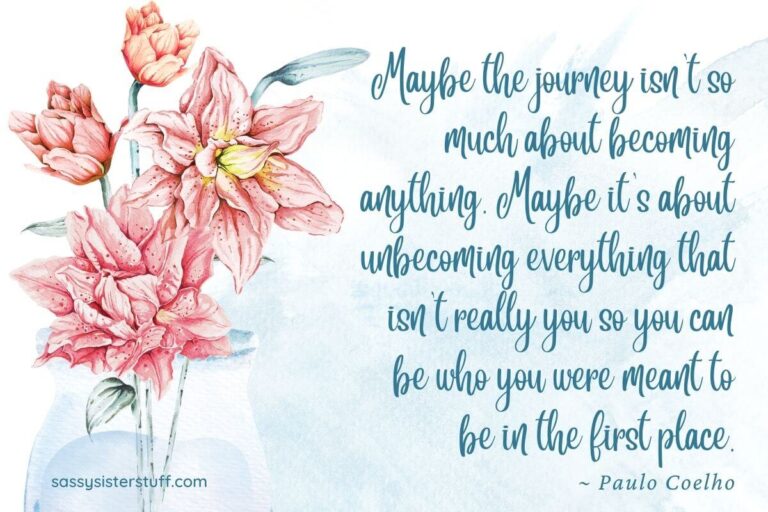15 Warning Signs Your Best Friend Might Not Be a True Friend
Friendships are supposed to bring happiness, comfort, and trust into your life. A true best friend supports your dreams, lifts you during hard times, and celebrates your victories.
Sometimes, a friendship can slowly shift and leave you feeling unsure without you realizing why. If you’ve been feeling uneasy around a friend lately, it may be time to take a closer look. Here are signs that your best friend may not actually be the friend you deserve.
They Don’t Listen to You

A real friend cares about what you have to say. If your friend constantly talks over you, tunes you out, or changes the subject when you’re speaking, it shows a lack of respect.
Communication should go both ways in a friendship. Feeling unheard over and over again can leave you feeling invisible. A best friend listens with patience and interest, not with one foot out the door.
They Make Fun of Your Dreams

True friends believe in your goals, even if they don’t fully understand them. If your friend laughs at your dreams, calls them silly, or makes you feel foolish for trying, that’s a hurtful sign.
Support and encouragement are key parts of a strong friendship. You deserve to have people around you who cheer for your passions. Dreaming big should never be a punchline.
They Ignore Your Struggles

Everyone has rough patches, and a true friend notices when you’re not okay. If your friend brushes off your problems, minimizes your feelings, or acts like you’re being dramatic, it can feel very lonely.
Good friends offer comfort, not judgment. Being there during tough times is just as important as celebrating the good ones. A real best friend will sit with you in the hard moments without rushing you to “get over it.”
They Prioritize Other People Over You

It’s normal for friends to have other relationships, but constantly feeling like you’re at the bottom of their list hurts. If your friend always cancels plans with you for someone else or seems excited about everyone else but you, it’s worth noticing. Friendship should feel balanced and valued. You deserve to feel like you matter in your friend’s life. Loyalty isn’t about convenience.
They Act Different Around Other People

It’s a red flag if your friend treats you warmly when you’re alone but coldly or dismissively around others. Real friends stay true no matter who is around.
You shouldn’t feel like you have to compete for your friend’s respect or kindness. A best friend is proud to know you, not embarrassed to show it. Consistency shows true character.

When something good happens to you, your best friend should be genuinely happy. If your friend acts bored, jealous, or quickly changes the subject, it can dampen your excitement.
Friendship means celebrating each other’s joys wholeheartedly. You deserve to feel like your happiness matters. Shared happiness makes friendships even stronger.
They Hold Grudges Instead of Talking It Out

Small disagreements are normal, but how friends handle them makes all the difference. If your friend stews in anger, gives you the cold shoulder, or refuses to talk things through, it’s a sign of emotional immaturity.
Real friends work through misunderstandings with honesty and care. You shouldn’t have to tiptoe around someone you call your best friend. Forgiveness and communication go hand-in-hand.
They Make You Feel Like an Obligation

You should never feel like someone is spending time with you out of pity or duty. If your friend makes you feel like a burden, sighs when you call, or acts annoyed when you make plans, it’s painful.
Friendships should feel like a source of joy, not guilt. You deserve someone who genuinely enjoys your company. Time together should feel wanted, not tolerated.
They Use Your Vulnerabilities Against You

Sharing personal struggles with a friend takes trust. If your friend later uses your secrets to tease, shame, or control you, it’s a huge betrayal.
True best friends protect your vulnerabilities, not weaponize them. Feeling safe is a non-negotiable part of a healthy friendship. No one should ever make you regret opening your heart.
They Copy You Without Giving Credit

It’s flattering when someone admires you, but if a friend consistently copies your ideas, style, or achievements without giving you credit, it can feel hurtful.
Friendship should be about inspiration, not competition or theft. You deserve credit for your originality. Real friends celebrate your uniqueness instead of trying to take it away from you.
They Dismiss Your Feelings

When you’re hurt or upset, a real best friend doesn’t brush it off or tell you to “just get over it.” If your feelings are constantly minimized, ignored, or mocked, it chips away at the trust between you.
Being seen and validated is essential in a strong friendship. You should feel safe expressing your emotions, not ashamed. Emotional safety builds real connection.
They Disappear When Life Gets Hard

The true test of friendship isn’t during the easy days—it’s during the tough ones. If your friend vanishes when you face hardships or avoids you during rough times, it says a lot about their loyalty.
A best friend sticks around when things aren’t picture-perfect. You deserve someone who stays close when others pull away. Hard times reveal true friends.
They Compete for Attention

It’s natural to want to be seen, but if your friend constantly interrupts, outshines, or shifts attention back to themselves, it can leave you feeling unimportant.
Friendship isn’t a competition for the spotlight. Real friends take turns supporting and uplifting each other. You should feel valued, not overshadowed. Mutual respect keeps friendships strong.
They Get Defensive When You Express Concerns

A healthy friendship allows space for honest conversations, even when they’re uncomfortable. If you try to share your feelings and your friend becomes defensive, angry, or blames you, it makes growth impossible.
Real friends listen and reflect, even if it’s hard to hear. You deserve someone who cares enough to work through bumps with you. Defensiveness blocks deeper connection.
They Leave You Second-Guessing Your Worth

When a friendship is healthy, you leave interactions feeling stronger, more confident, and more loved. If you often leave feeling worse about yourself—doubting your value or questioning if you’re “enough”—it’s a big warning sign.
Your best friend should be a source of strength, not insecurity. Friendship should add to your life, not quietly tear you down. Your worth is too important to let anyone make you forget it.
Related: 15 Clever Hacks To Reduce That Never-Ending Grocery Bill

Managing grocery expenses can be challenging for many households, especially with rising food costs and fluctuating budgets.
However, with some creativity and resourcefulness, you can implement numerous clever hacks to reduce your never-ending grocery bill without sacrificing the quality or variety of your meals.







